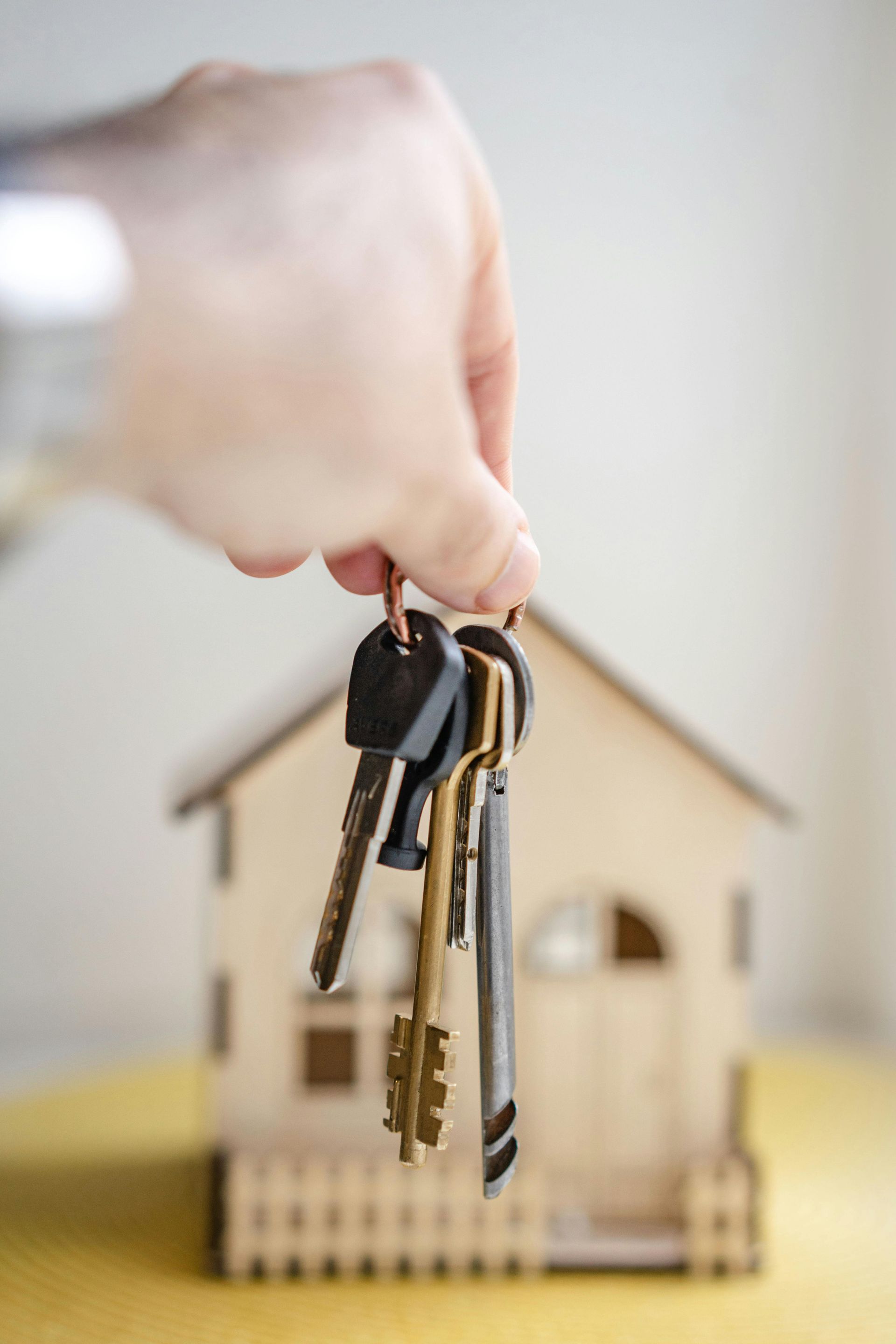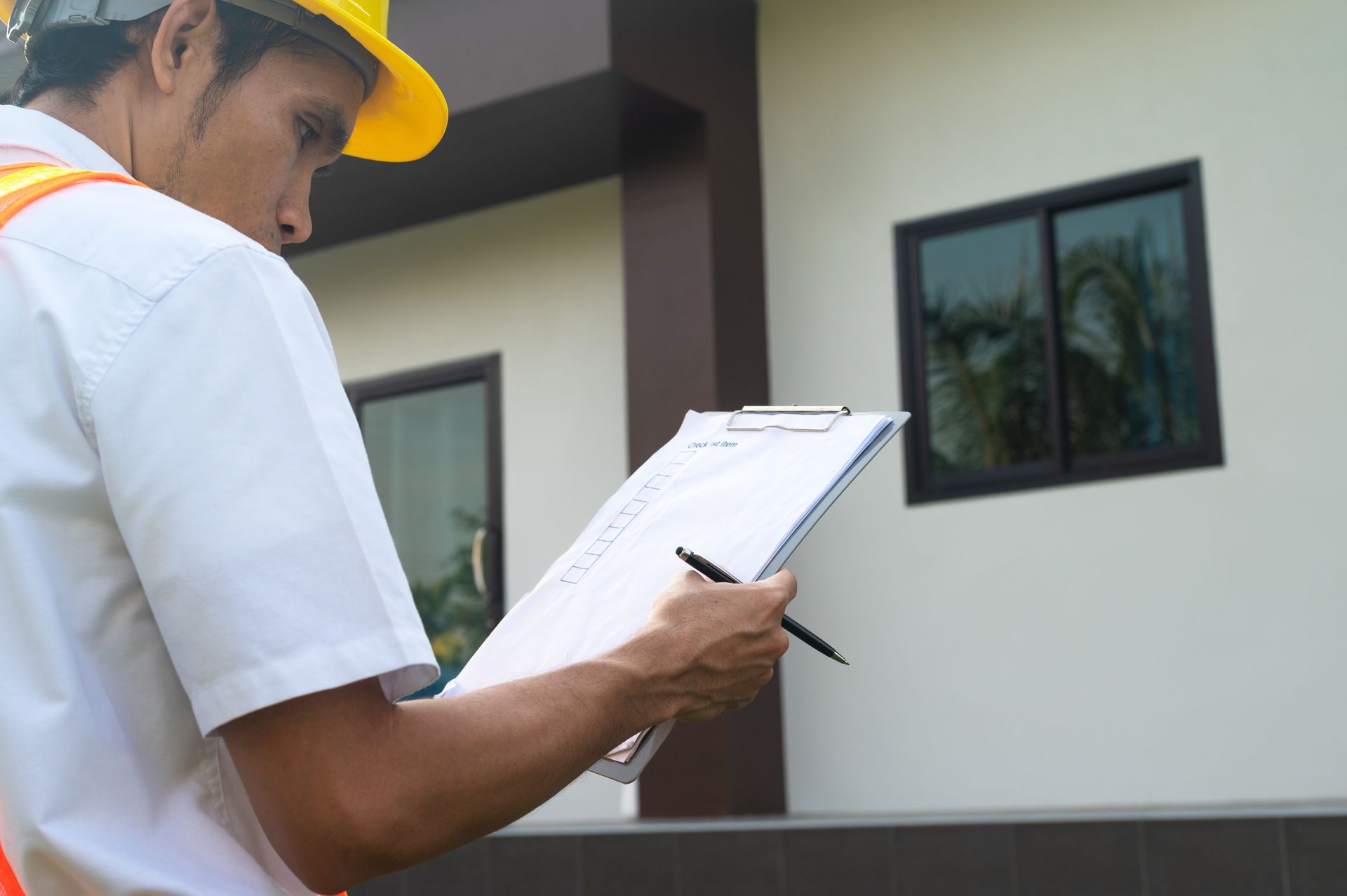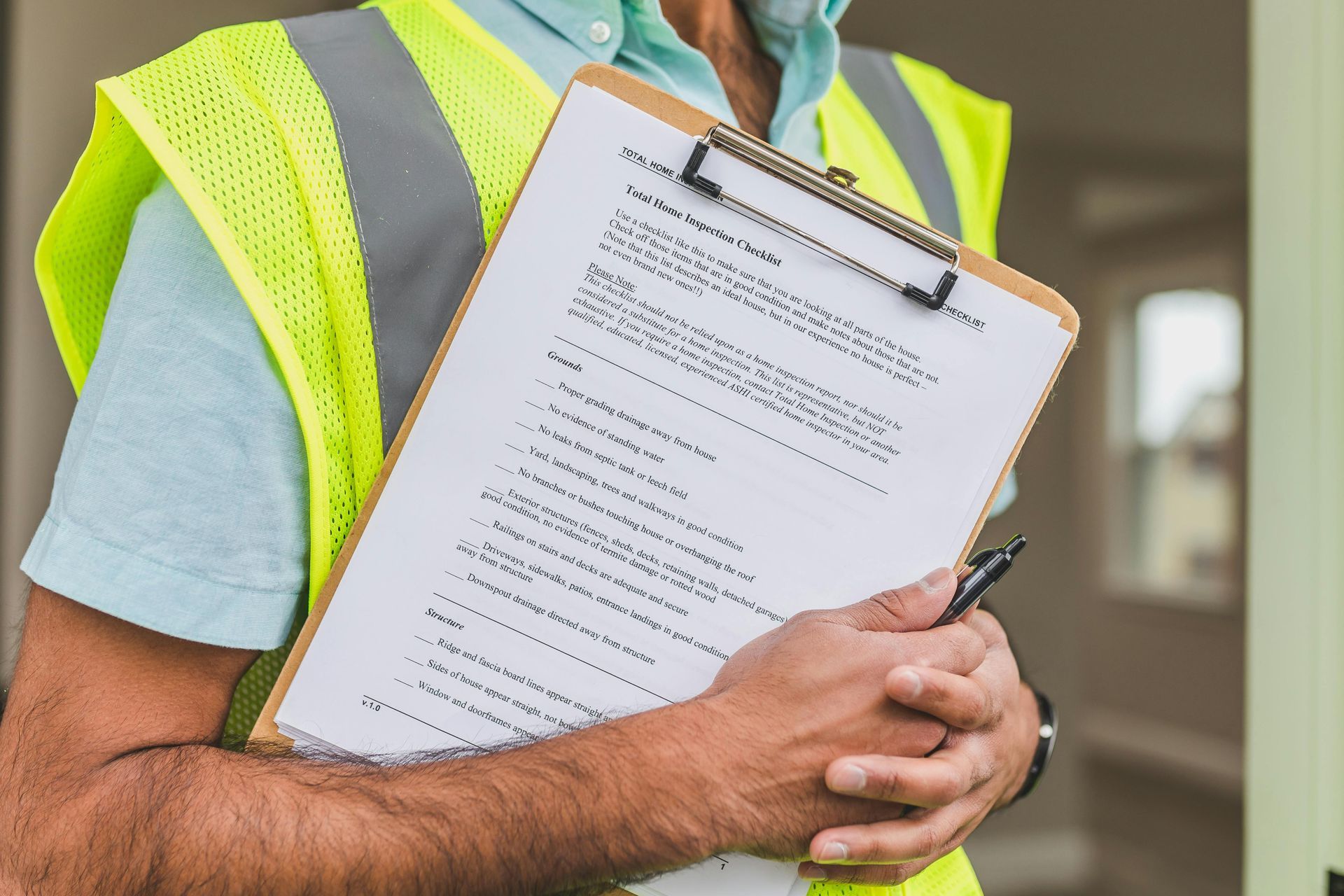Top 5 Signs Your Home Needs a Professional Inspection ASAP
Are you noticing strange occurrences in your home lately? Perhaps you've been encountering mysterious leaks or strange odors that just won't go away. These could be subtle signs indicating that your home needs a professional inspection, and fast. Ignoring these signs could lead to costly repairs down the road or even compromise your safety. That's why it's important to get a professional home inspection from time to time, especially if you notice any of these signs:
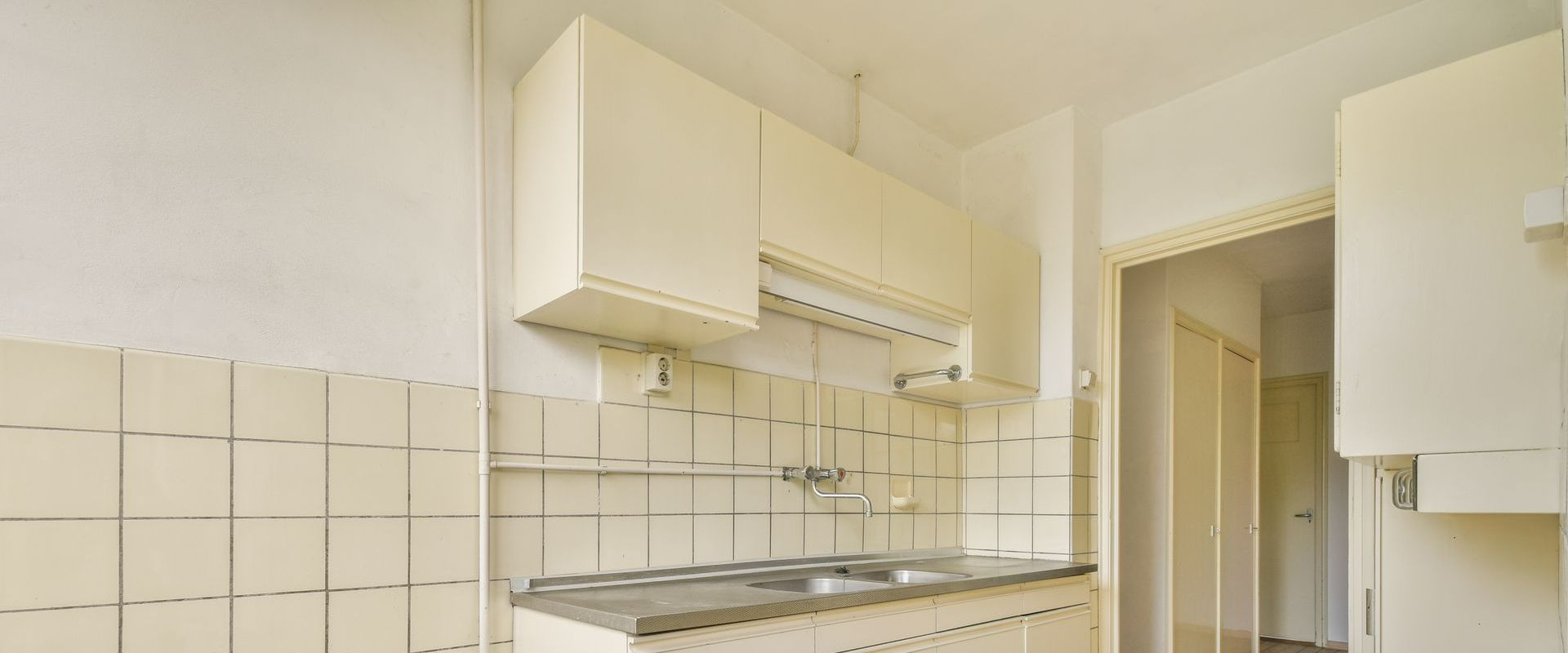
1. You are planning to sell or buy a home
If you are selling your home, you want to make sure that you disclose any issues that could affect the sale price or the buyer's decision. A pre-sale inspection can help you identify and fix any defects before you list your home, or negotiate with the buyer if they are minor. A pre-sale inspection can also give you a competitive edge in the market, as it shows that you are a responsible and transparent seller.
If you are buying a home, you want to make sure that you are getting a fair deal and that you are not inheriting any costly or dangerous problems. A buyer inspection can help you evaluate the condition of the home, and reveal any hidden issues that the seller may not have disclosed. A buyer inspection can also give you leverage in the negotiation process, as you can ask for repairs, price reductions, or contingencies based on the inspection report.
2. You observe indications of water damage or mold.
Water damage and mold are some of the most common and serious issues that can affect your home. They can cause structural damage, and health problems, and lower your home's value. Some of the signs of water damage and mold include:
- Stains, discoloration, or peeling paint on walls, ceilings, or floors
- A musty or moist odor detected in specific areas of your residence
- Warped, buckled, or cracked wood or flooring
- Leaks, drips, or puddles around pipes, faucets, sinks, toilets, showers, or appliances
- Condensation, fogging, or moisture on windows, doors, or vents
If you notice any of these signs, you should get a professional home inspection as soon as possible, as water damage and mold can spread quickly and worsen over time. A home inspector can help you locate the source and extent of the problem, and recommend the best course of action to fix it.
3. You have an older home or have not had an inspection in a long time
Older homes may have more wear and tear, and may not meet the current building codes and standards. They may also have outdated or faulty systems, such as plumbing, electrical, heating, cooling, or roofing. Some of the signs of an older or neglected home include:
- Cracks, gaps, or settlements in the foundation, walls, or floors
- Sagging, leaning, or uneven roof, chimney, or gutters
- Loose, missing, or damaged shingles, tiles, or flashing
- Flickering, dimming, or sparking lights, outlets, or switches
- Low water pressure, rusty water, or noisy pipes
- Inadequate insulation, ventilation, or drainage
- Pest infestation, such as termites, rodents, or insects
If you have an older home or have not had an inspection in a long time, you should get a professional home inspection to check the condition and performance of your home's systems and components. A home inspector can help you identify and prioritize any repairs, upgrades, or replacements that are needed to improve your home's safety, efficiency, and value.
4. You notice signs of structural damage or movement
Structural damage or movement can compromise the integrity and stability of your home. They can also lead to further problems, such as cracks, leaks, or gaps. Some of the signs of structural damage or movement include:
- Doors or windows that are hard to open, close, or lock
- Floors or ceilings that are sloping, sagging, or bouncing
- Walls that are bulging, bowing, or separating
- Cracks in the drywall, plaster, brick, or concrete
- Gaps around the doors, windows, or trim
- Nail pops, screws, or fasteners that are loose or protruding
If you notice any of these signs, you should get a professional home inspection to assess the severity and cause of the problem. A home inspector can help you determine if the damage or movement is due to natural settling, soil erosion, poor construction, or other factors. A home inspector can also advise you on the best way to fix and prevent the problem from recurring.
5. You are concerned about your home's energy efficiency or environmental impact
Your home's energy efficiency or environmental impact can affect your comfort, utility bills, and carbon footprint. Some of the signs of a low-energy or high-impact home include:
- High or fluctuating heating or cooling costs
- Drafts, cold spots, or hot spots in your home
- Excessive dust, allergens, or pollutants in your home
- Poor air quality, humidity, or ventilation in your home
- Old or inefficient appliances, lighting, or fixtures
- Lack of renewable or green features, such as solar panels, rain barrels, or compost bins
If you are concerned about your home's energy efficiency or environmental impact, you should get a professional home inspection to evaluate your home's energy use and environmental performance. A home inspector can help you identify and implement any improvements or enhancements that can help you save energy, money, and the planet.
Inspect to Protect and Perfect! Contact On Point Inspections LLC Today!
If you are looking for a reliable, honest, and thorough home inspector in Carson City, Gardnerville & Minden, NV, look no further than On Point Inspections LLC. We are here to help you make informed and confident decisions about your home. Contact us today at 775-781-7536 to schedule your home inspection or to learn more about our services, which include new home inspections, buyer inspections, pre-sale inspections, home maintenance inspections, small commercial inspections, and warranty inspections.
FAQs
How long does a home inspection take?
The duration of a home inspection depends on the size, age, and condition of the home, as well as the type and scope of the inspection. On average, a home inspection takes about 2 to 4 hours, but it can vary depending on the circumstances.
How much does a home inspection cost?
The cost of a home inspection depends on the size, age, and location of the home, as well as the type and scope of the inspection. On average, a home inspection costs about $300 to $500, but it can vary depending on the circumstances. We offer competitive and fair pricing, and we will provide you with a free quote before the inspection.
When should I schedule a home inspection?
You should schedule a home inspection as soon as possible, depending on your situation. If you are selling or buying a home, you should schedule a home inspection before you sign the contract or close the deal. If you are building a new home, you should schedule a home inspection at various stages of construction. If you own a home, you should schedule a home inspection at least once a year, or whenever you notice any signs of problems.
What should I do before, during, and after a home inspection?
Before a home inspection, you should prepare your home by cleaning it, decluttering it, and making it accessible for the inspector. You should also gather any relevant documents, such as receipts, warranties, or permits, and make a list of any questions or concerns you have. During a home inspection, you should accompany the inspector and ask any questions or clarifications you have. You should also take notes and pictures of any issues or findings. After a home inspection, you should review the inspection report and discuss it with the inspector, your agent, or your contractor.
Are your inspection services limited to residential properties?
While our primary focus is on residential properties, we also offer inspection services for small commercial properties to ensure they meet safety and compliance standards.
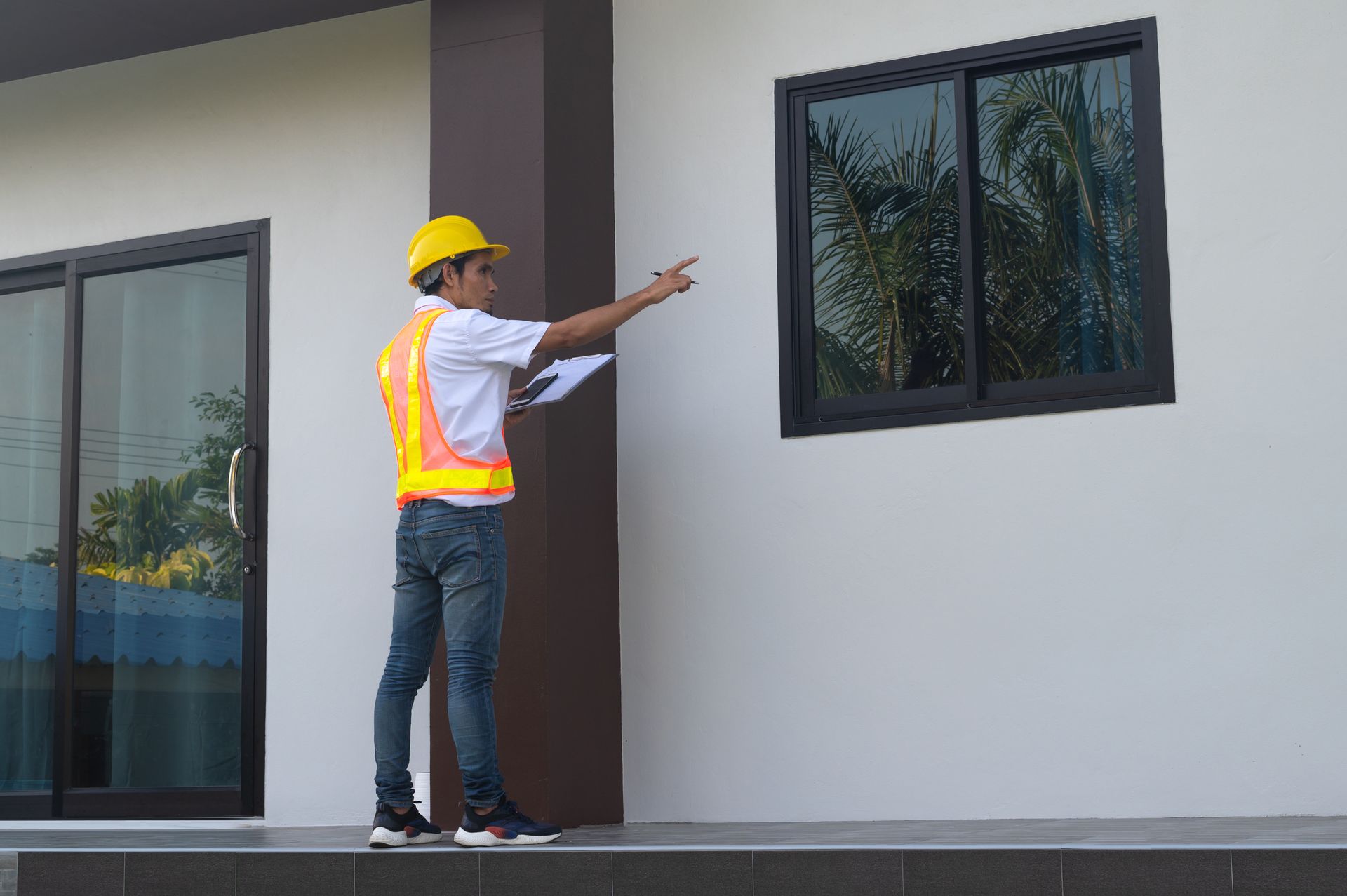

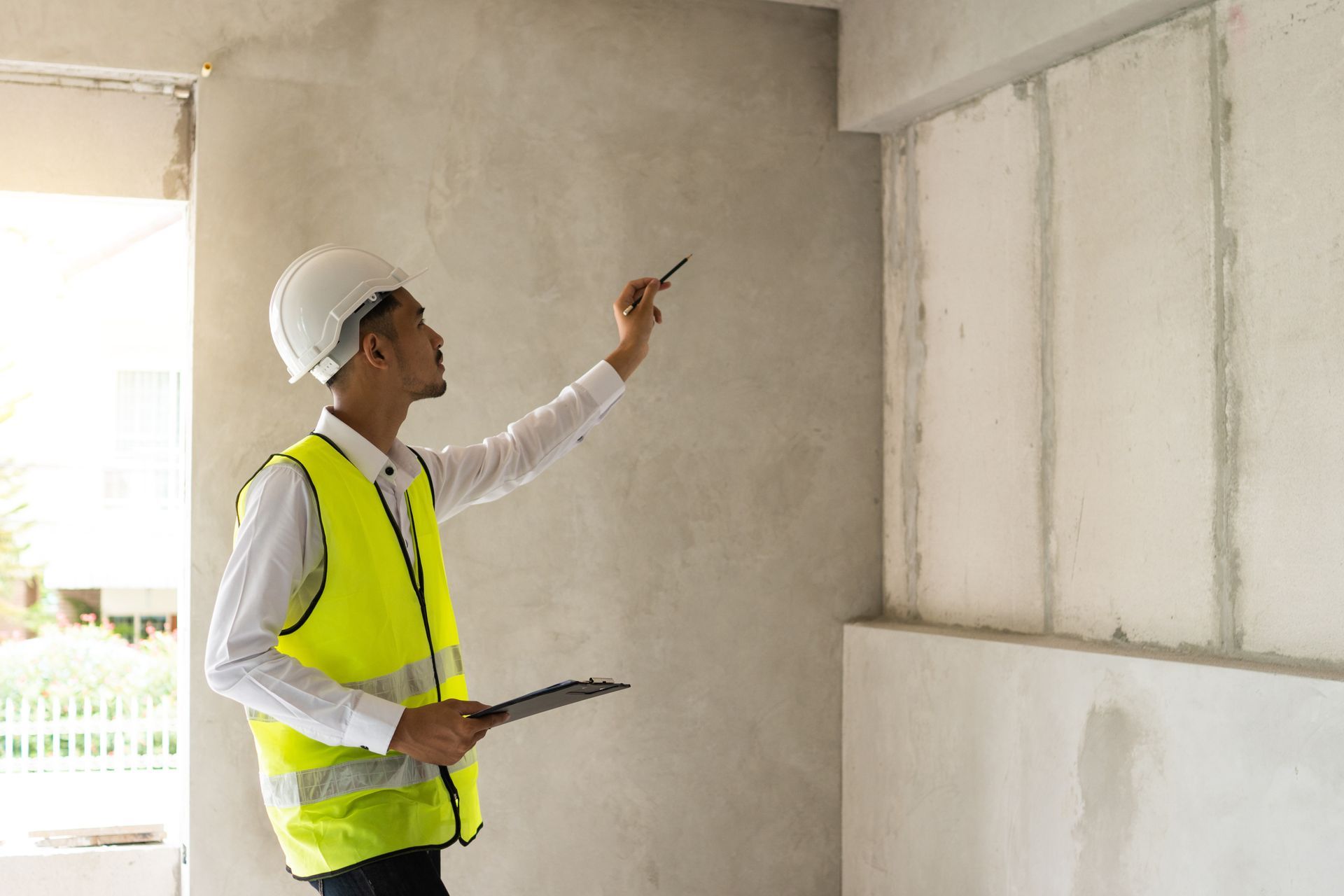

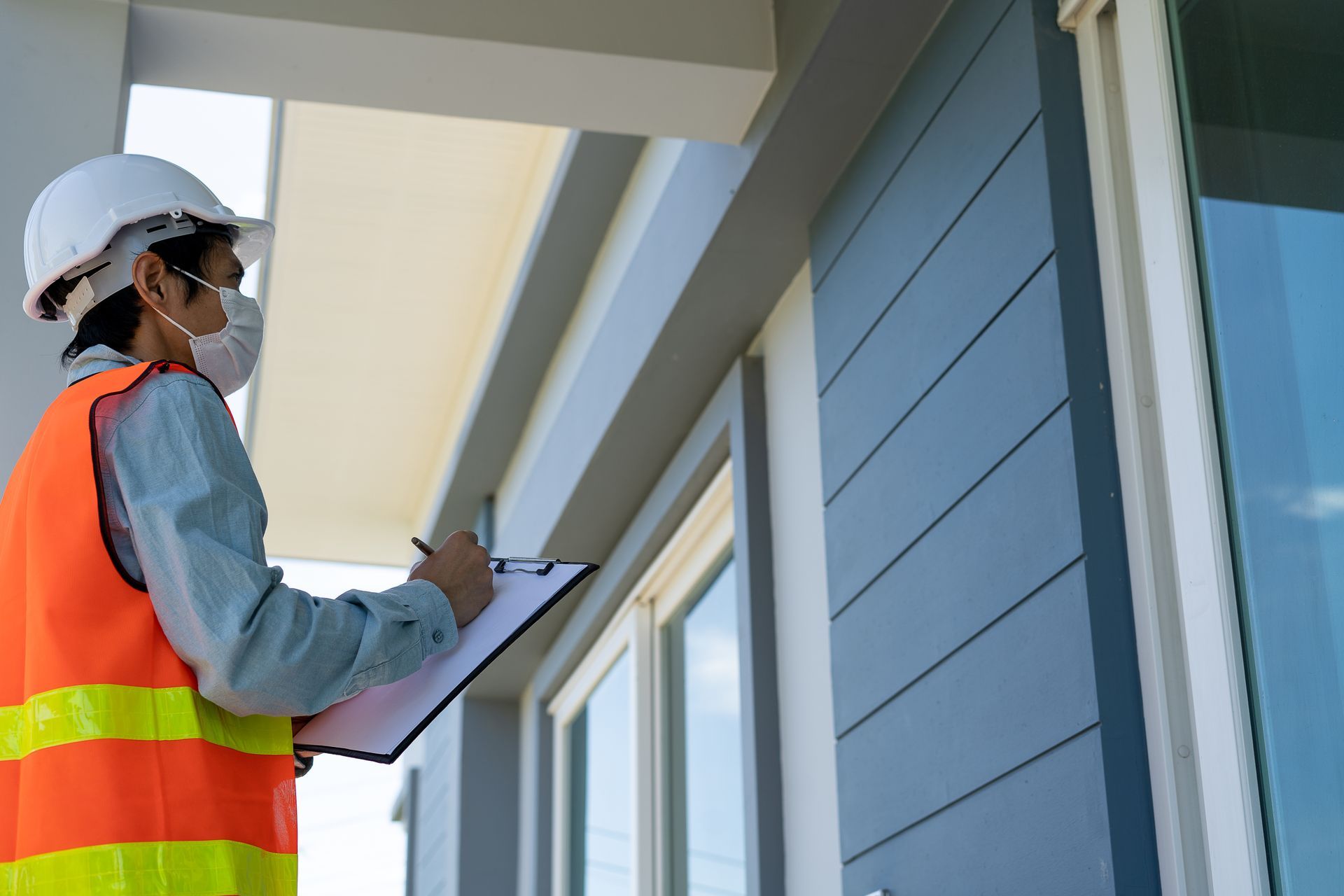

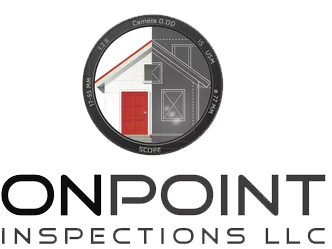
A HOME INSPECTOR IN CARSON CITY, GARDNERVILLE OR MINDEN, NV KNOWS WHAT YOUR HOUSE NEEDS
BROWSE OUR WEBSITE
Copyright. On Point Inspections, LLC. All Rights Reserved.
